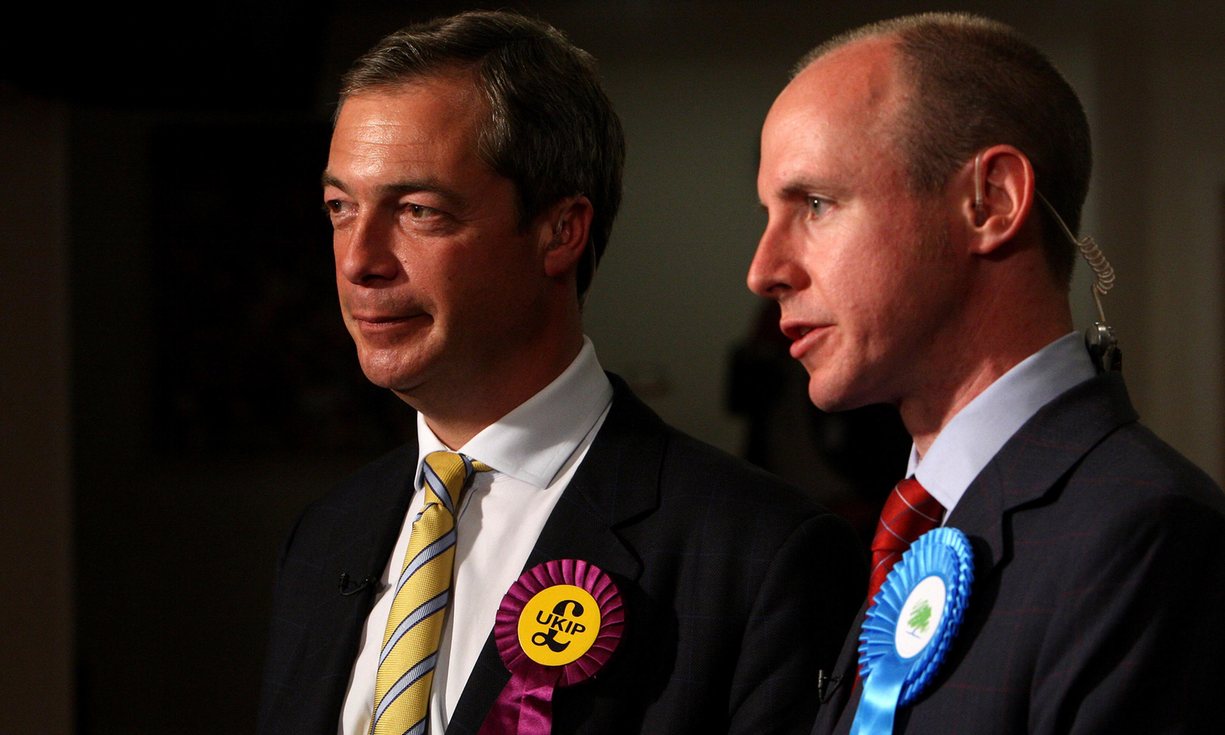Until about nine months ago, leaving the European Union was not something that sensible British politicians talked about. They hadn’t, really, since the country entered the bloc in 1973, the year that Theresa May sat her O-levels. In the intervening 43 years, as the EEC became the EU; and Margaret Thatcher and Tony Blair came and went; and the Channel Tunnel was dug; and the borders spread to the east; and the euro was launched, and then foundered; our relationship with Brussels seemed, more or less, to embody a settled ambivalence towards the European continent that most British people instinctively recognised as their own. Close, but separate. In, but not integrated. Related, but not the same. We did not learn French.
And then 17 million people voted to leave. Everyone has their own explanation for why. Not all of them make sense. I found out the other day that my wife’s uncle voted for Brexit because his son is training to be a doctor, and doesn’t like Jeremy Hunt, who campaigned for remain. Victory, as they say, has many fathers. Since 23 June, a great many things have been blamed – or thanked, depending on your view – for convincing the population that staying within the European Union was hurting us. Their names are more than familiar now. Nigel Farage. Globalisation. The rightwing press. The left behind. Professional politicians. Absent politicians. The financial crisis. Boris. Migrants. Project Fear. Sunderland. In their own way, and over time, these things helped create the feeling that we were trapped in something so defective, so inimical to our interests, that our best hope was to climb through a high window, and out.
But you don’t get to Brexit without someone dreaming up the window – the remedy of leaving – in the first place. And during those long years inside the European project, that was the work of the right wing of the Conservative party. To be specific, a small, somewhat esoteric part of that wing: a flash of feathers, almost, a sect of true Eurosceptic believers who dreamed and schemed for this moment for the last 25 years. Most worked for little else, with no reward, and with no sign that they would ever prevail. “Like the monks on Iona,” as one of their former parliamentary researchers told me, “illuminating their manuscripts and waiting for the Dark Ages to come to an end.”
But you don’t get to Brexit without someone dreaming up the window – the remedy of leaving – in the first place. And during those long years inside the European project, that was the work of the right wing of the Conservative party. To be specific, a small, somewhat esoteric part of that wing: a flash of feathers, almost, a sect of true Eurosceptic believers who dreamed and schemed for this moment for the last 25 years. Most worked for little else, with no reward, and with no sign that they would ever prevail. “Like the monks on Iona,” as one of their former parliamentary researchers told me, “illuminating their manuscripts and waiting for the Dark Ages to come to an end.”
And no one in that group worked with more devotion than Daniel Hannan, a Conservative member of the European parliament for south-east England. Hannan, who is 45, is by no ordinary measure a front-rank British politician. He has never been an MP, or a minister, or a mayor. Instead, since the age of 19, he has fought for what he calls British independence – fomenting, protesting, strategising, undermining, writing books, writing speeches and then delivering them without notes. For the last 17 years, Hannan, a spry, fastidious figure, who likes to read Shakespeare once a week, has done this mainly from the other side of the English Channel. He knows what it is to toil for a lost cause. “Here I am, Ishmael,” he told me recently, in his office at the European parliament in Strasbourg, invoking the Old Testament as he gestured around him. “Every man’s hand is against me.”
(…)


